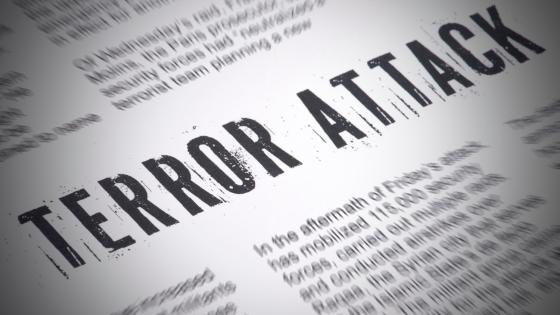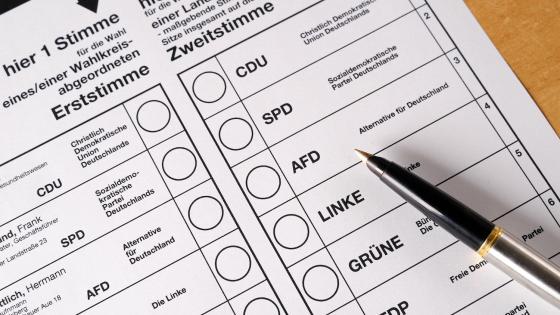DP8797 The Long-Run Effect of 9/11: Terrorism, Backlash, and the Assimilation of Muslim Immigrants in the West
This paper investigates whether the 9/11 attacks will have a long-term impact by altering the fertility and assimilation rate of immigrants from Muslim countries in the United States. Terror attacks by Islamic groups are likely to induce a backlash against the Muslim community, and therefore, tend to raise the costs of assimilation for Muslims in the West. We test this hypothesis by exploiting variation across states in the number of hate crimes against Muslims in the wake of the 9/11 attacks. Our results show that Muslim immigrants living in states which experienced the sharpest increase in hate crimes also exhibit: (i) greater chances of marrying within their own ethnic group; (ii) higher fertility; (iii) lower female labor force participation; and (iv) lower English proficiency. Importantly, the state-level increase in hate crimes against Muslims after the 9/11 attacks was not correlated with the pre-existing state-level trend in any of these assimilation outcomes. Moreover, we do not find similar effects for any other immigrant group after the 9/11 attacks. Overall, our results show that the backlash induced by the 9/11 attacks increased the ethnic identity and demographic strength of the Muslim immigrant community in the U.S. These findings shed light on the increasing use of terror attacks on Western countries, with the concurrent rise in social and political tensions surrounding the assimilation of Muslim immigrants in several European countries.


